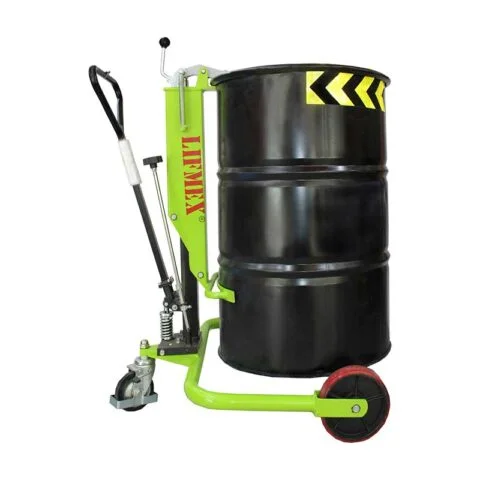Introduction
Hydraulic Lifter are crucial components in modern engines, ensuring smooth operation and optimal performance. However, like any mechanical part, they can fail over time due to various reasons. In this article, we delve into the intricacies of hydraulic lifters, exploring the causes behind their failure and how to address these issues effectively.
1. What Are Hydraulic Lifters
Before delving into the causes of failure, it’s essential to understand what hydraulic lifters are and their role in an engine. Hydraulic lifters, also known as hydraulic tappets, are cylindrical components located within the engine block. They serve to maintain proper valve clearance and enable the smooth opening and closing of engine valves.
2. Common Causes of Hydraulic Lifter Failure
a. Oil Contamination
One of the primary reasons behind hydraulic lifter failure is oil contamination. Contaminants such as dirt, debris, and metal particles can accumulate within the lifter, leading to increased friction and wear.
b. Low Oil Pressure
Insufficient oil pressure within the engine can result in inadequate lubrication of the hydraulic lifters. Without proper lubrication, the lifters are prone to wear and may fail prematurely.
c. Wear and Tear
Over time, hydraulic lifters experience wear and tear due to the constant movement and pressure exerted upon them during engine operation. This wear can eventually lead to malfunction and failure.
d. Air Entrapment
Air entrapped within the hydraulic lifter can disrupt its operation, causing issues such as lifter noise or failure to maintain proper valve clearance.
3. Symptoms of Hydraulic Lifter Failure
Identifying hydraulic lifter failure early is crucial for preventing further damage to the engine. Some common symptoms include:
– Ticking or tapping noises from the engine
– Reduced engine performance
– Engine misfires
– Excessive smoke from the exhaust
4. Preventive Measures and Solutions
To mitigate the risk of hydraulic lifter failure, regular maintenance and inspection are essential. Here are some preventive measures and solutions:
a. Regular Oil Changes
Maintaining clean oil and ensuring proper oil levels are crucial for the health of hydraulic lifters. Regular oil changes as per the manufacturer’s recommendations can help prevent oil contamination and ensure adequate lubrication.
b. Use High-Quality Oil
Choosing high-quality engine oil that meets the manufacturer’s specifications can significantly reduce the risk of lifter failure. Quality oil provides better lubrication and helps prevent the buildup of contaminants.
c. Address Engine Issues Promptly
Any issues related to low oil pressure, engine overheating, or abnormal engine noises should be addressed promptly to prevent further damage to the hydraulic lifters and other engine components.
d. Professional Inspection and Repair
If hydraulic lifter failure is suspected, it’s advisable to seek professional inspection and repair services. A qualified mechanic can diagnose the issue accurately and perform the necessary repairs or replacements.
Hydraulic lifter failure can significantly impact engine performance and reliability if left unchecked. By understanding the common causes of failure and implementing preventive measures, engine owners can prolong the lifespan of their hydraulic lifters and ensure smooth operation. Regular maintenance, timely repairs, and using high-quality oil are key aspects of preserving the health of hydraulic lifters and maintaining overall engine integrity.
For further insights or to discuss your unique requirements, we invite you to connect with us Explore the unparalleled expertise and quality solutions that Shabbir Enterprises brings to the table, ensuring your material handling equipment’s needs are met with precision and reliability.
